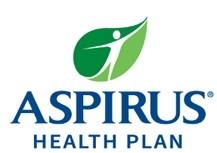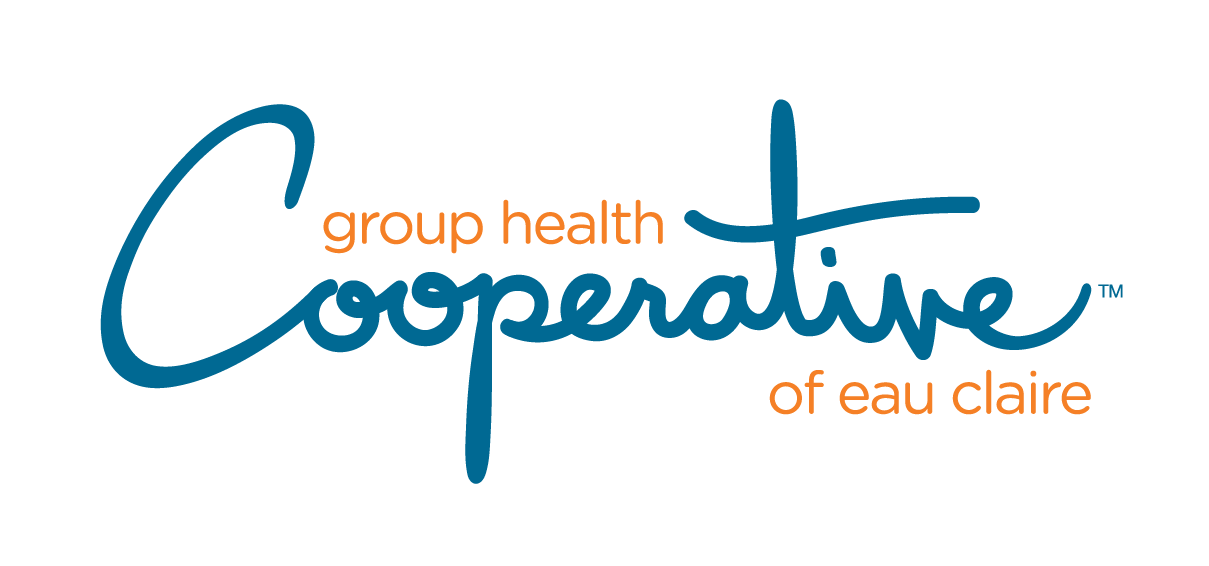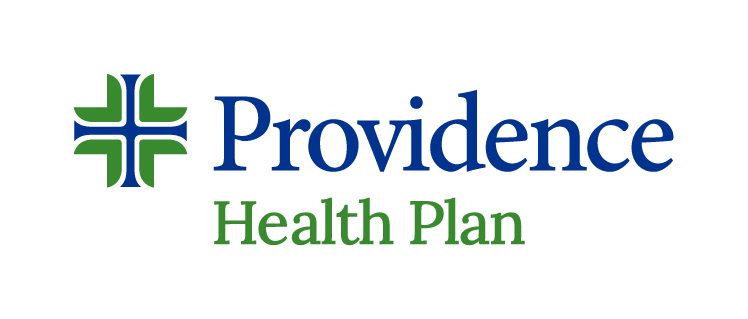November 13, 2023
by Eva Powell
When I was in social work school, the basic tenet of therapeutic relationships was reinforced constantly: to be effective, meet people where they are. In over 30 years of working in health care, I’ve seen signs of a widening gap between people in need of care and people who deliver care. For example, highly specialized care and advanced technologies have enabled options for treatment and access not previously available. Yet they often also lead to siloed, uncoordinated care that makes centering the holistic needs of patients more difficult than ever.
My social work sensibilities make me wonder what role these downsides might play in continued declines in population health. Despite a fifth of our nation’s economy being invested in specialty care, technology and other aspects of health care, life expectancy is declining, maternal mortality rates are steadily increasing and new data from the CDC shows the largest increase in infant mortality in two decades. Even before the COVID-19 pandemic, the United States had the highest maternal mortality rate among developed countries. The number of maternal deaths in the United States nearly doubled from 2018 – 2021. Black women have been disproportionately impacted, dying from preventable pregnancy-related complications at a rate almost three times higher than white women. This disparity is related to multiple factors, including structural racism in health care delivery and toxic stress from lived experiences of racism. Perhaps we can get back to basics and learn how to meet people where they are by listening to affected communities.
The disparity in outcomes experienced by Black families, especially in maternal health and birth outcomes, is well-documented. Yet the emphasis on very real disparities has yet to fully elevate the good work already being done by Black birth workers and others in community-based settings. ACHP saw these bright spots on full display during a Maternal Health Research Forum we hosted on October 18 in Washington, DC. Funded through a Patient-Centered Outcomes Research Institute (PCORI) Engagement Award (EASCS-26923), the forum featured leaders in the Black birthing community (e.g., women, birth workers and clinicians) sharing their professional and personal experiences, providing direction for a diverse set of stakeholders to identify the highest priority areas for research that will enable health insurers and clinicians to mitigate the impacts of toxic stress on Black maternal health.
A key takeaway from the forum was the recognition that individuals and communities having firsthand experience with inequities have specific expertise in the root causes of the poor outcomes they experience, which they have used to develop solutions that work for them. Embracing the wisdom and evidence generated by community-led programs and integrating them into a holistic approach that includes the health care system can achieve greater, more sustainable results.
The project’s Leadership Committee, consisting of Black women with both professional and lived experience in Black maternal health, underscored that widening the aperture for what we consider “evidence” is a critical first step. Specifically, we must be cautious when applying the term “evidence-based” to interventions that were not studied in Black individuals. We must also identify elements of culturally congruent care that are most valued by and effective for Black patients. By deepening relationships and community engagement and employing various research methodologies to study the impacts of specific community-based approaches, researchers can expand the evidence base available for effectively addressing our Black maternal health crisis.
ACHP member companies are uniquely positioned to improve maternal health equity by developing partnerships that build and support the capacity and sustainability of community-based programs already working in their area. For example, knowing that doulas have been shown to improve maternal health outcomes for people of color, HealthPartners, a member-owned health care system, recently partnered with community-based maternal health organization, Everyday Miracles, to increase access to Black, Indigenous and other people of color (BIPOC) doulas. For eight years, HealthPartners has offered doula services through Everyday Miracles to HealthPartners members with Medicaid or MinnesotaCare coverage. Through this partnership, Everyday Miracles increased its number of certified BIPOC doulas from 40 percent of its roster to 70 percent in only two years. ACHP member companies have deep roots in their communities and use their strong community partnerships to make a meaningful difference in their members’ lives.
ACHP looks forward to continued work with the Leadership Committee and our member companies to identify opportunities to support improved Black maternal health and birth outcomes. Meeting people where they are and inviting them to lead the development of solutions that work for their own communities can be coupled with research methodology that creates sound evidence and improves outcomes.
New from ACHP:
- Overcoming Barriers: Transforming Black Maternal Health Through Research Webinar
- PODCAST: ACHP’s Ceci Connolly Joins Managed Healthcare Executive DC Roundtable Podcast
- OP-ED: What Could We Do if GLP-1 Weight Loss Drugs Were Free? Would Our Obesity Epidemic Be Solved for Good?
- ACHP Statement on Final Rule for Medicare Advantage and Part D
- WEBINAR: Medicare Advantage in 2024 and Beyond
- ACHP Joins First Lady Jill Biden and Health Care Leaders to Support Cancer Moonshot Initiative


































